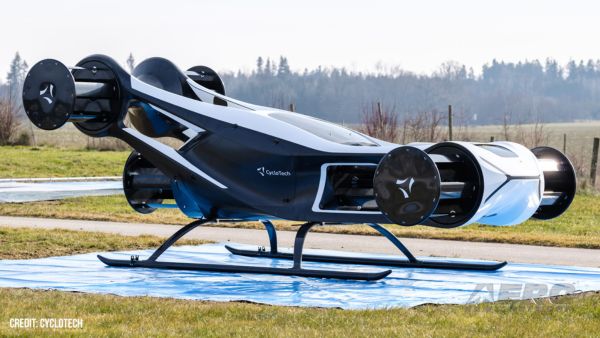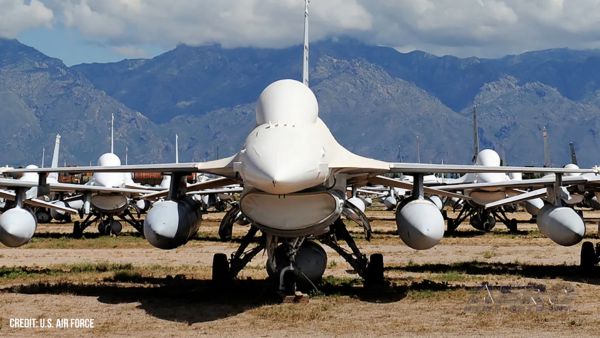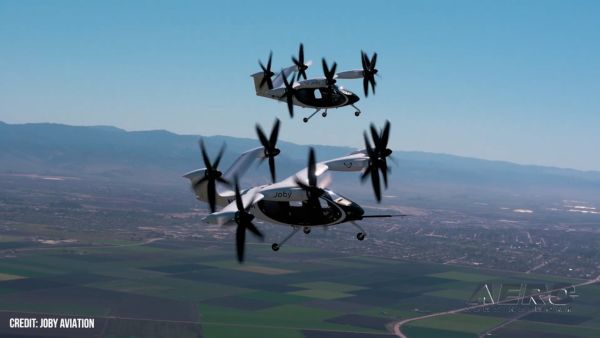Mon, Sep 08, 2003
Advertisement
More News
 ANN's Daily Aero-Linx (05.16.25)
ANN's Daily Aero-Linx (05.16.25)
Aero Linx: International Federation of Air Traffic Controllers' Associations (IFATCA) IFATCA is the recognised international organisation representing air traffic controller associ>[...]
 Aero-News: Quote of the Day (05.16.25)
Aero-News: Quote of the Day (05.16.25)
“The BlackBird is more than a demonstrator—it’s a flying testbed for the future of aviation. To see it take flight in such a short time is a testament to our team>[...]
 ANN's Daily Aero-Term (05.16.25): Glideslope Intercept Altitude
ANN's Daily Aero-Term (05.16.25): Glideslope Intercept Altitude
Glideslope Intercept Altitude The published minimum altitude to intercept the glideslope in the intermediate segment of an instrument approach. Government charts use the lightning >[...]
 Airborne-NextGen 05.13.25: Merlin Tests, Dronetag Accuses, Flying Car?
Airborne-NextGen 05.13.25: Merlin Tests, Dronetag Accuses, Flying Car?
Also: MQ-9B UAS MTC, FlightSimExpo, New JPL Director, Japanese Lunar Lander Preps Merlin’s flight testing campaign continues to rapidly progress with its certification-ready >[...]
 Classic Aero-TV: Jabiru's New J170-D - An Upgraded and Fine-tuned LSA
Classic Aero-TV: Jabiru's New J170-D - An Upgraded and Fine-tuned LSA
From 2017 (YouTube Edition): The Airplane From Down Under Is A Proven Trainer… Jabiru was one of the early light sport aircraft (LSA) brought into the U.S.A. when the sport >[...]
blog comments powered by Disqus



